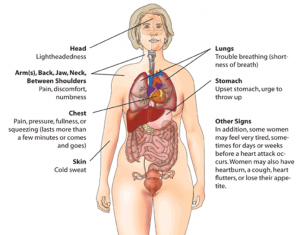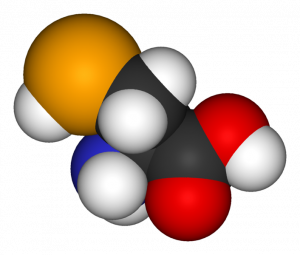
Observational studies show predominantly and consistently an inverse association between selenium exposure and the risk of some cancer types [Vinceti 2018; Cai 2016]. The evidence from some 70 observational studies indicates that higher levels of exposure to selenium are associated with lower levels of cancer incidence and mortality [Vinceti 2018]. What the observational studies haven’t shown thus far is a systematic pattern suggesting specific dose-response relationships. [Vinceti 2018].
The evidence from observational studies also indicates that there may be a U-shaped form to the relationship between selenium exposure and disease risk. For example, one study suggests that the best serum selenium range for protection against prostate cancer is between 119 and 137 micrograms per liter [Chiang 2010]. A second study shows that the risk of prostate cancer decreases gradually as the selenium concentrations increase in the range from 60 micrograms of selenium per liter of plasma up to 170 micrograms per liter. Above 170 micrograms per liter, the protection ceases [Hurst 2012].


